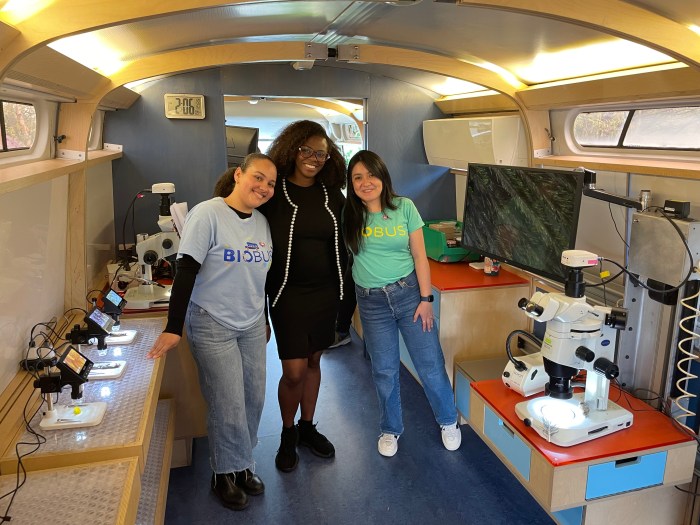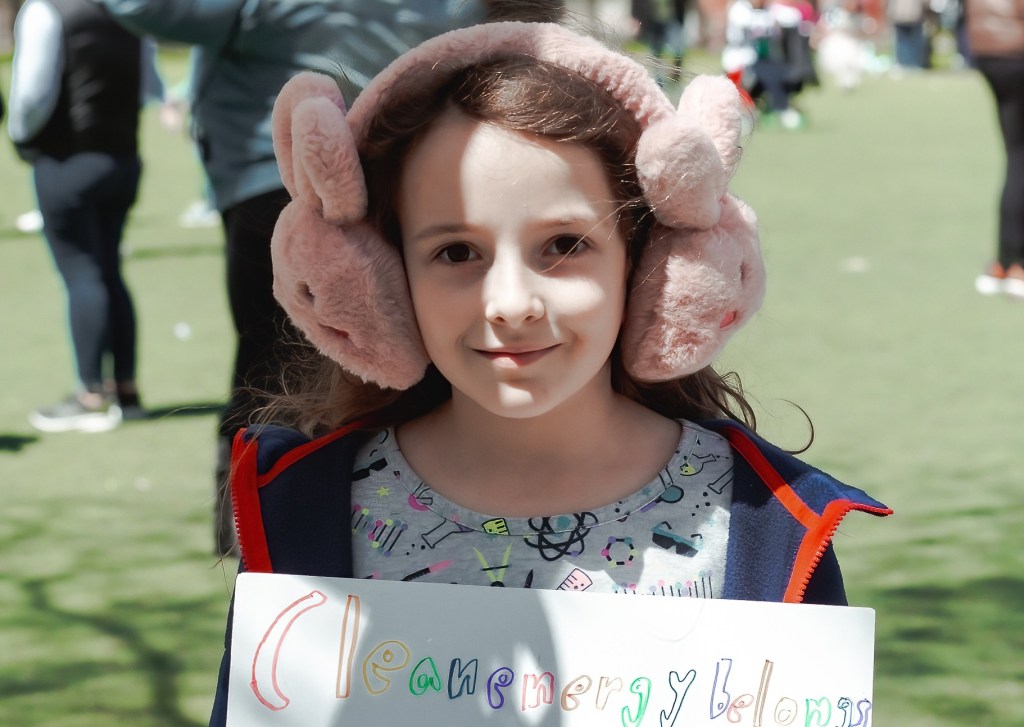The foiled terrorist plot to bomb the New York Federal Reserve Bank by a Bangladeshi national, living in Queens under a student visa, could extinguish the opportunity for future foreign students to attend school in the United States.
Senator Charles Schumer called for the immediate passage of legislation increasing the oversight of student visa programs following the discovery that alleged bombing suspect Quazi Mohammad Rezwanul Ahsan Nafis entered the United States with a student visa in order to attended classes at Manhattan’s ASA Institute of Business and Computer Technology.
This year, more than 850,000 active foreign students were in the United States.
An investigation headed by the Government Accountability Office (GAO) revealed that “sham universities” have provided foreigners entry into the country without conducting thorough personal investigations. According to Schumer, early in 2012, Tri-Valley University in California was dismantled for selling student visas to 1,500 foreign nationals.
The school Nafis attended, Manhattan’s ASA Institute of Business and Computer Technology, is an accredited institution.
Schumer also pushed for investigations by the State Department and the Department of Homeland Security Inspector General to determine if Nafis’ request for a visa should have been denied.
“This foiled attack must serve as a wake-up call. We need to shut down gaping loopholes allowing foreign nationals, some of whom may wish to do us harm, from entering the country through the student visa program,” said Schumer. “While the facts of this particular case are still coming to light, we do know that thousands of people have entered this country through sham universities like hand out student visas like candy, and that practice must end now.”
Under the Student Visa Integrity Act, providing false information to obtain a student visa means a mandatory two-year sentence; reasonable suspicion of fraud could expel a student from the program. The legislation also limits student visas to students attending accredited schools and prohibits any flight school that is not FAA-accredited from bringing in foreign students.
But excessive red tape can make it difficult for legitimate foreign students to study in the United States. Syracuse University student Andreacarola Urso applied for her student visa in June of 2012 in order to attend school in the United States. The 19-year-old from Naples, Italy, described the application process as lengthy, adding that the agency required her to prepare numerous documents proving she was financially stable, unmarried, maintained a permanent residence in her home country and was, in fact, legitimately Italian.
Urso’s student visa application fees amounted to $400.
The pre-med student said that while she was required to obtain an excessive number of forms for her meeting at the United States embassy in Italy, they were barely even skimmed.
“I thought the meeting would’ve been tougher, but in the end it was not,” said Urso. “I prepared all of those documents as I was told to, but they didn’t even look at them.”
Urso said the bomb plot could make it more difficult for students from other countries to obtain visas to attend school in the United States. While she believes it is ethical for officials to request documentation and perform background checks, she knows many people who were refused a visa because they seemed doubtful during their interview with the embassy.
“I think [parts of the screening process] are ridiculous,” said Urso. “It changes people’s futures since we apply a year earlier and get accepted to a university and then they refuse our visa. It’s disappointing. Obviously it’s not my case, but it is still a common problem.”

































